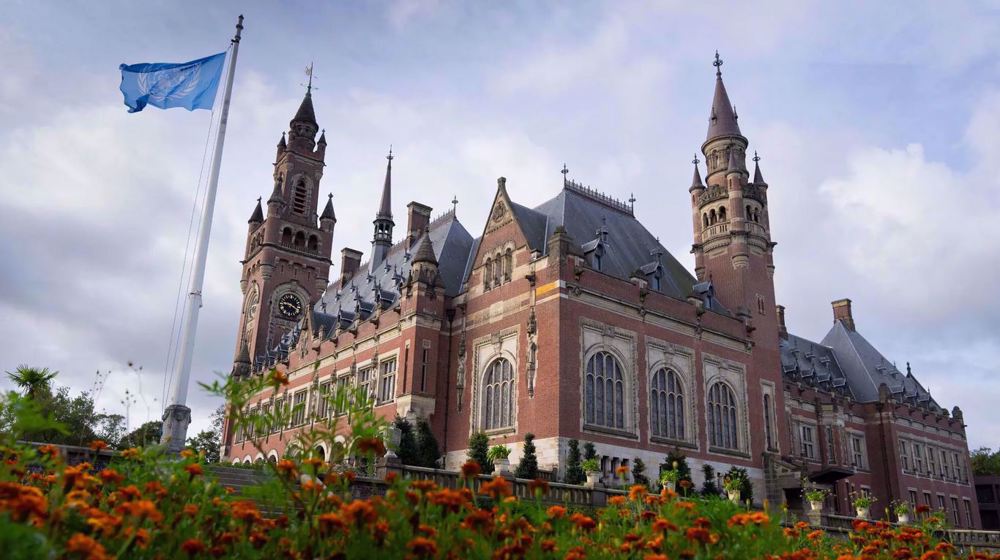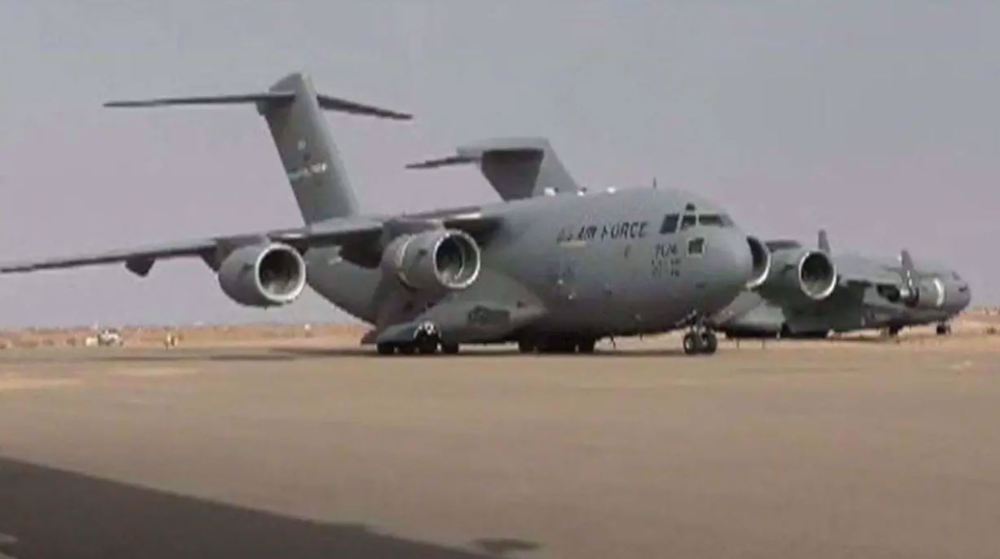South Africans rally to condemn xenophobia
Thousands of people have taken to the streets of South Africa’s economic capital, Johannesburg, to condemn the recent string of deadly xenophobic attacks on immigrants.
Chanting anti-xenophobia slogans and carrying banners that read, “We are all Africans,” the demonstrators on Thursday marched through the country’s largest city to voice their anger at the wave of violence.
“This march sends an important message to the world, to Africans,” David Makhura, the premier of Gauteng Province, where Johannesburg is the capital, told the demonstrators.
“We are going to defeat xenophobia like we defeated apartheid. We are here to make sure that South Africa is a country of peace for all,” he said.
Several weeks of violence in major cities like Johannesburg and Durban have seen at least seven people killed, with the police failing to control the violent mobs who keep attacking foreigners. The victims are mostly from Zimbabwe, Malawi, and Mozambique.
More than 300 people have been arrested by the police, most of them unemployed citizens who keep lamenting the chronic job shortage in their country.

The government has warned that it will use its utmost power to quell the bloody conflicts, deciding to deploy the army in major cities across the country to prevent attacks against the immigrants.
The unrest has also strained regional relations with Zimbabwe, Malawi and Mozambique as their worried citizens are going back home.
South African President Jacob Zuma called off a state visit to Indonesia last Saturday in a bid to deal with the growing unrest in the country, pleading with foreigners to remain in South Africa.
The latest violence has revived memories of xenophobic bloodshed in 2008, when 62 people were killed in Johannesburg’s townships.
The UN High Commissioner for Refugees reported that most of the victims of the xenophobic attacks were foreign refugees that were forced to leave their native countries due to war and persecution.
Thousands of immigrants are living in South African refugee camps after fleeing their homes in Malawi, Zimbabwe, Mozambique, Burundi and the Democratic Republic of the Congo.
DB/HJL/MHB
VIDEO | Press TV's news headlines
VIDEO | US-Israeli genocide: Will Gazans see ceasefire deal achieved?
VIDEO | Grief strikes Parachinar: 44 lives lost in terror attack
VIDEO | Yemen’s armed forces target Israeli airbase amid nationwide pro-Palestinian rallies
Putin vows more test of new hypersonic missile
VIDEO | Jordanians continue rallies to denounce Israeli genocide in Gaza, Lebanon
6 Israeli soldiers commit suicide: Reports
Diplomat discourages recourse to pressure, intimidation, confrontation against Iran










 This makes it easy to access the Press TV website
This makes it easy to access the Press TV website